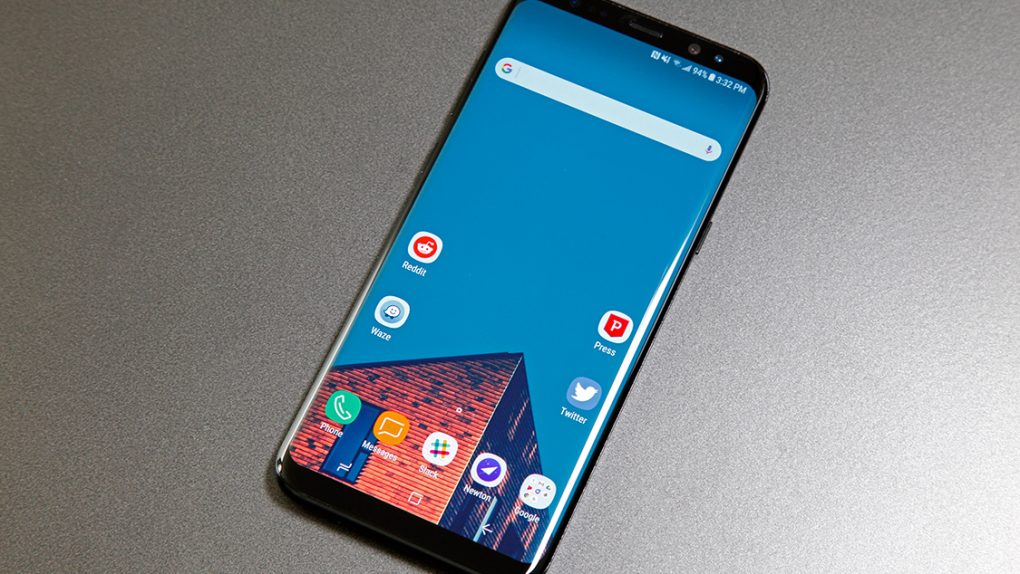There’s always going to be a bitter fight between the flagship smartphones from Samsung and Apple. This year is no exception, as head-to-head tests have compared everything there is to compare on the Galaxy S8 and iPhone 7.
But a fight between the Galaxy S8 and iPhone 6S? That shouldn’t even be a contest, but here we are.
YouTube channel PhoneBuff pitted the Galaxy S8 and iPhone 6S against each other in a classic real-world speed test. Rather than using benchmarks that compare the raw speed of different processors, his testing method is all results-based. Basically, it involves the time taken to open a bunch of apps and then re-open them, which is a decent representation of what happens when you’re flicking between apps on your phone.
The results aren’t at all one-sided. The Galaxy S8 tended to be faster at opening small apps, while the iPhone had the edge with graphically-intensive apps. That’s not surprising, but what ended up giving the iPhone 6S the edge was multi-tasking. Even though the Galaxy S8 has double the amount of RAM as the iPhone 6S (4GB compared to 2GB), the iPhone was better at holding apps in memory, making re-opening them much faster.
The sad truth is that this isn’t really a comparison between a Galaxy and an iPhone: it’s a shootout between iOS and Android. Thanks to Apple’s tighter control over software, including more restrictions for third-party app developers, iOS uses its limited resources much more efficiently. It’s why iPhones have traditionally been faster than comparable Android flagships, even with far less RAM and slower CPUs.
It’s all about tradeoffs. Android apps ultimately have more options, and developers have more freedom in the structure and abilities of their apps. But giving away those freedoms means that third-party apps can be less efficient, especially since Android developers have to code for far more devices than just a handful of recent iPhone models.
The thing is, most people don’t really care about the details. A handful of power-munching Android owners who actually know what RAM is and how much of it they have do care about the details, and understand the tradeoffs. But for most people who take all of five minutes in a phone store to compare devices, the iPhone’s just flat-out faster to use. Much as we make fun of Apple’s “it just works” mentality every time someone finds a dumb bug, the iPhone does a better job with worse hardware for 99% of people.










